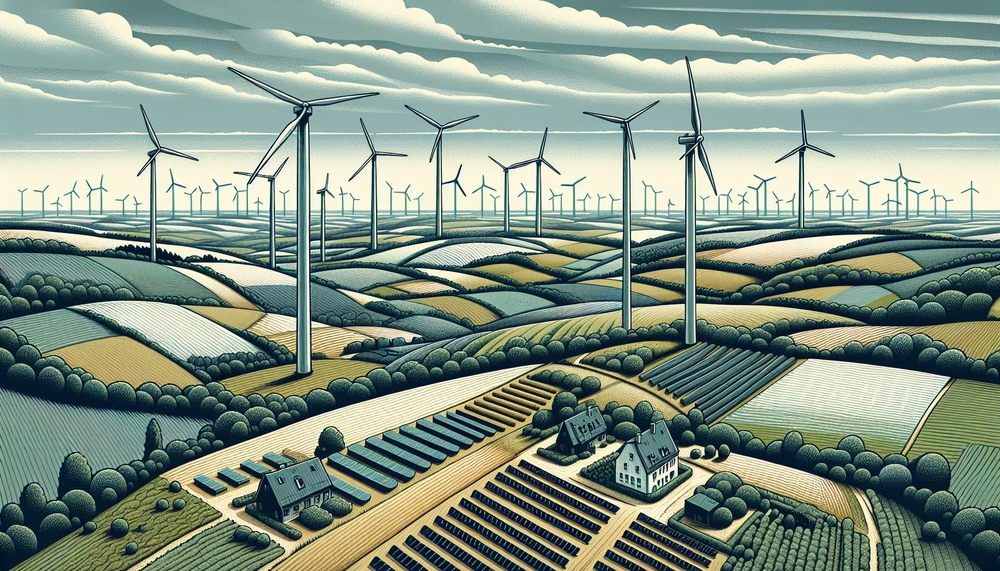Published
- 3 min read
Pushing the Boundaries: Europe's Energy Crisis and Implications

Introduction: A Wake-Up Call for Europe
The recent power outages that hit Spain and Portugal have illuminated the growing vulnerabilities within Europe’s energy sector. These blackouts serve as a stark reminder of the fragility of our current energy infrastructure. Given Europe’s urgent need to transition to more sustainable energy solutions, these events are more than just a localized issue; they embody a larger wake-up call for the entire continent. This introduction sets the stage for a deeper dive into the complexities and potential strategies Europe must consider.
The Energy Bottleneck: Analyzing the Causes
The blackouts in Spain and Portugal were not mere anomalies but rather the consequence of a series of underlying issues. Aging infrastructure poses a significant problem, as do outdated grids that can no longer efficiently handle current energy demands. Moreover, these countries’ overreliance on non-renewable energy sources, coupled with potential mishandling of energy distribution, only compounded the problem. The technical constraints have been compounded by logistical challenges, which collectively contributed to the recent power outages. By analyzing these factors, it becomes clear that modernization and a move towards sustainable infrastructure are imperative.
Regional Implications: A European Perspective
The integrity of Europe’s energy systems is interdependent, meaning a malfunction in one region can have cascading effects continent-wide. The recent blackouts underscore how vulnerabilities in one area can jeopardize supply security elsewhere, hinting at a broader energy crisis on the horizon if not addressed promptly. This interconnection necessitates a unified European approach to ensure energy security and stability. Understanding these implications highlights the urgency for collective action to fortify systemic resilience against future disruptions.
Policy Failures and Opportunities
The persistence of these vulnerabilities can, in large part, be traced to policy failures. Fragmented approaches and lack of foresight in energy policy have allowed weaknesses to fester. However, these challenges also present opportunities for meaningful change. Policymakers have the chance to enact reforms that bolster the continent’s energy framework. By advocating for investment in renewable energy and enhancing grid infrastructure, Europe can catapult itself towards a more sustainable future. Innovations like smart grid technology present viable paths forward, offering increased efficiency and real-time data to better manage energy distribution.
Lessons from Spain and Portugal: A Path Forward
The blackouts in Spain and Portugal serve as a crucial case study from which valuable lessons can be drawn. Energy diversification emerges as a critical measure to mitigate similar risks in the future. By investing in renewable sources and embracing innovative technologies, Europe can reduce its dependence on traditional energy models prone to failure. Implementing smart grid solutions will further fortify grid resilience, enabling swift responses to demand changes or outages. This path forward demands proactive investment but is vital to ensuring long-term security.
Conclusion: Towards a Resilient Energy Future
The challenges Europe faces in securing its energy future are complex but not insurmountable. Immediate action is essential; however, a sustained commitment will be necessary to ensure energy resilience. By integrating renewable energy solutions, modernizing infrastructure, and promoting a unified European energy strategy, policymakers can safeguard the continent against future crises. This journey towards resilience requires a collective commitment, but it offers the promise of a stable and sustainable energy future for Europe. The time to act is now, ensuring a robust defense against inevitable challenges while galvanizing towards a cleaner, greener Europe.
